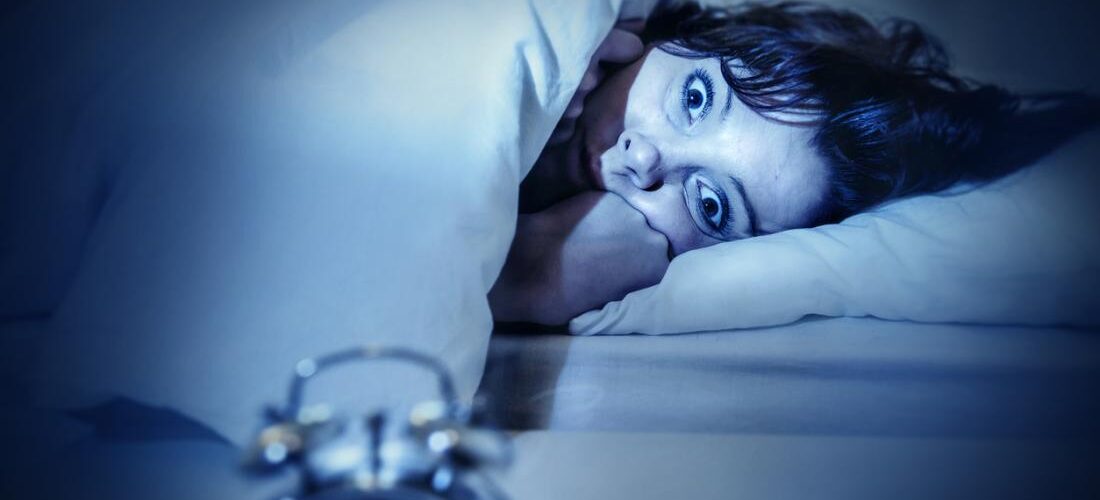The exact cause of sleep paralysis is not known.
Research indicates that they are related to this paralysis: Not getting enough sleep. Not having a regular bedtime, such as shift workers. It is a sleep disorder in which the person is unable to perform voluntary movements, such as moving or speaking. It is an incomplete awakening that occurs in the transitions between sleep and wakefulness.
Sleep paralysis occurs when there is a delay in the onset of muscle tone. That is to say, you wake up and you can only move your eyes, but nothing else, you are like a quadriplegic. The duration of each episode is less than a minute for the most part, but they can last up to 3 minutes.
During an episode of sleep paralysis, a person may have the sensation of not being able to breathe, but it is only a sensation because they will continue to breathe throughout the entire episode. Sleep paralysis can happen just once and never happen again.
When a person experiences this episode, it is as if a supernatural force prevents people from moving their limbs or shouting for help.
Sleep paralysis can be classified as:
intrinsic and extrinsic. The intrinsic cause is a dissociated sleep-wake state, in which elements of the waking REM sleep phase appear.
Types of sleep paralysis:
- Isolated sleep paralysis in a healthy population and is the most frequent of all, with some isolated episodes occurring.
- Recurrent isolated sleep paralysis. It is subdivided into:
– With precipitants that cause it: chronic sleep deprivation.
– Without clear precipitants: possible genetic predisposition, frequent family component, begins in adolescence and can last a lifetime.
- Narcolepsy: they usually occur in the first part of the night and are more frequently accompanied by dream hallucinations.
To prevent: it is recommended to start moving the body in parts and slowly. Once the moment of paralysis has passed, it is convenient to get out of bed and stay awake for a few minutes before going back to bed.
This disorder can be avoided as follows:
Maintain regular sleep with proper sleep hygiene. Use medications recommended by the specialist.
Reduce light exposure at night and use night lighting when going to the bathroom at night.
Avoid naps after 3:00 p.m. m. and for more than 90 minutes.
Get away from electronic devices at least 1 hour before going to sleep.
Not eating a heavy night meal or not eating 2 hours before going to sleep, among other measures that exist.
https://cuidateplus.marca.com/enfermedades/neurologicas/paralisis-del-sueno.html








